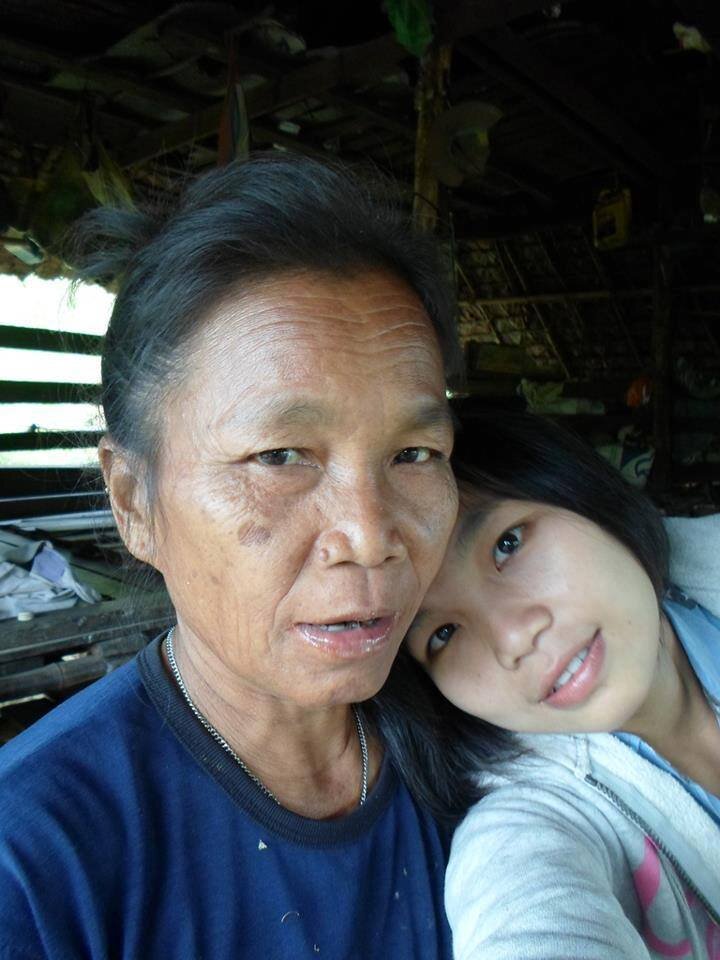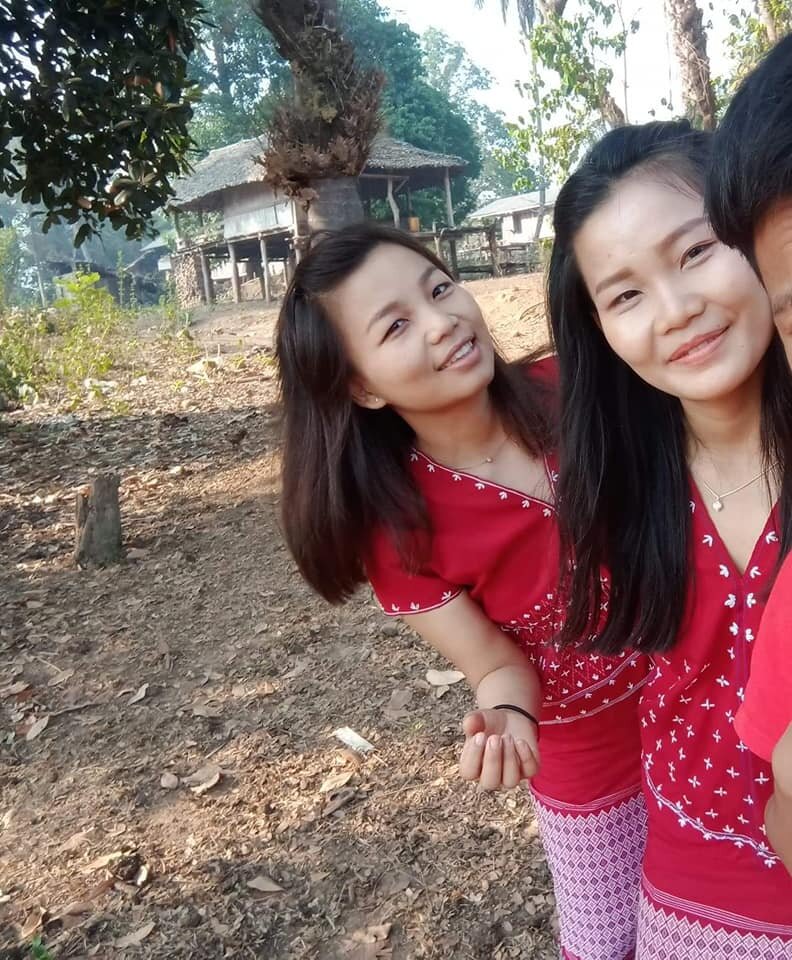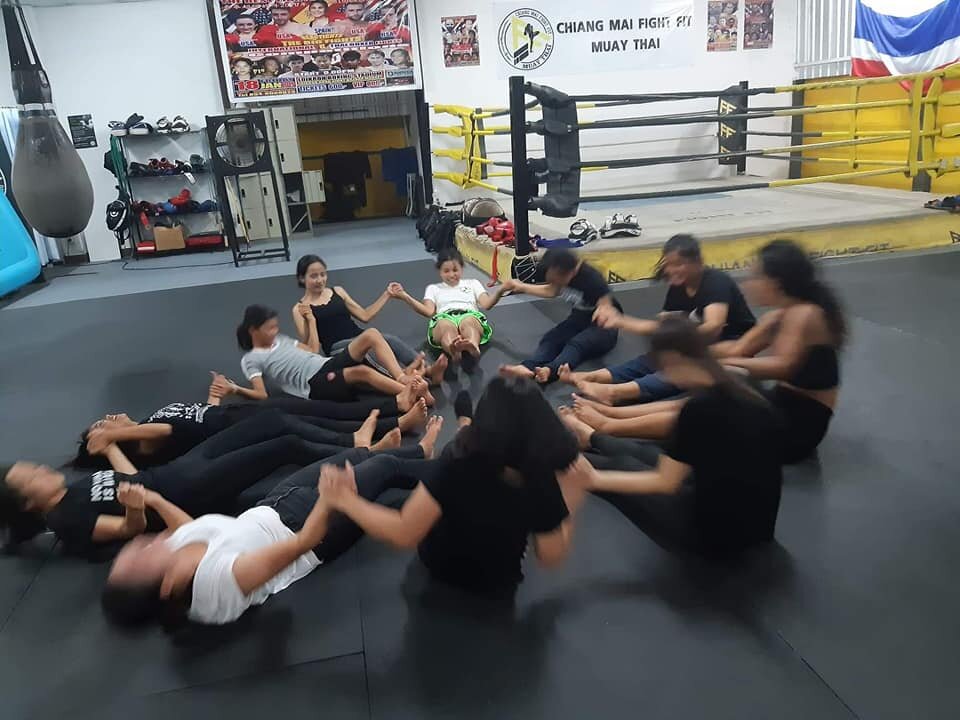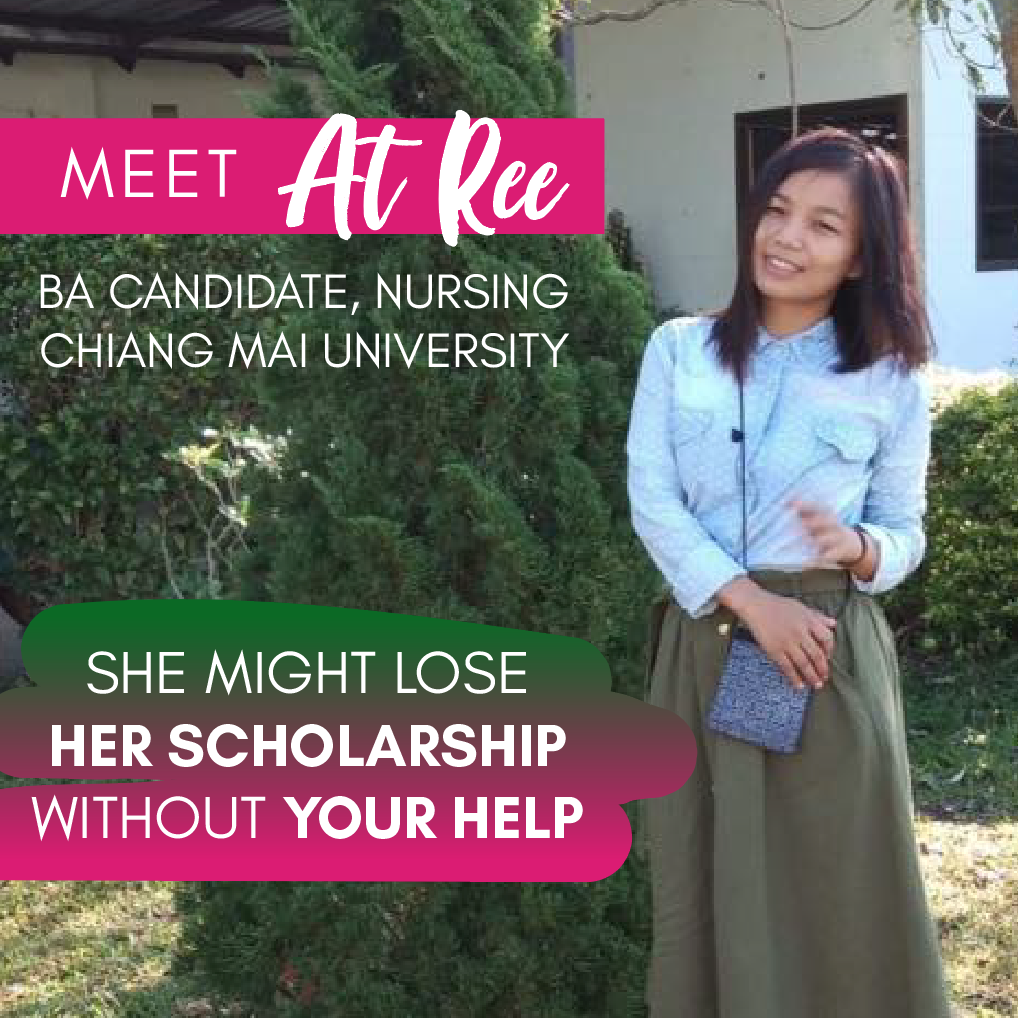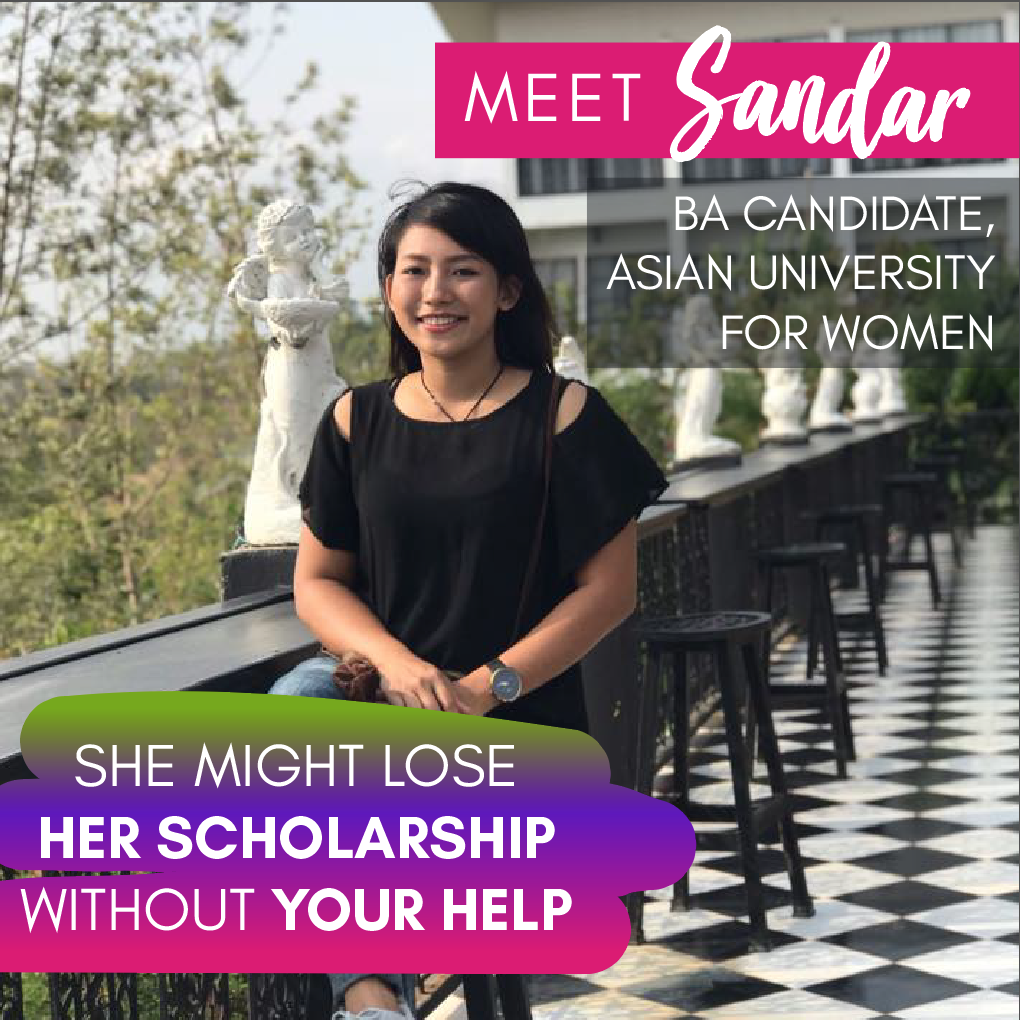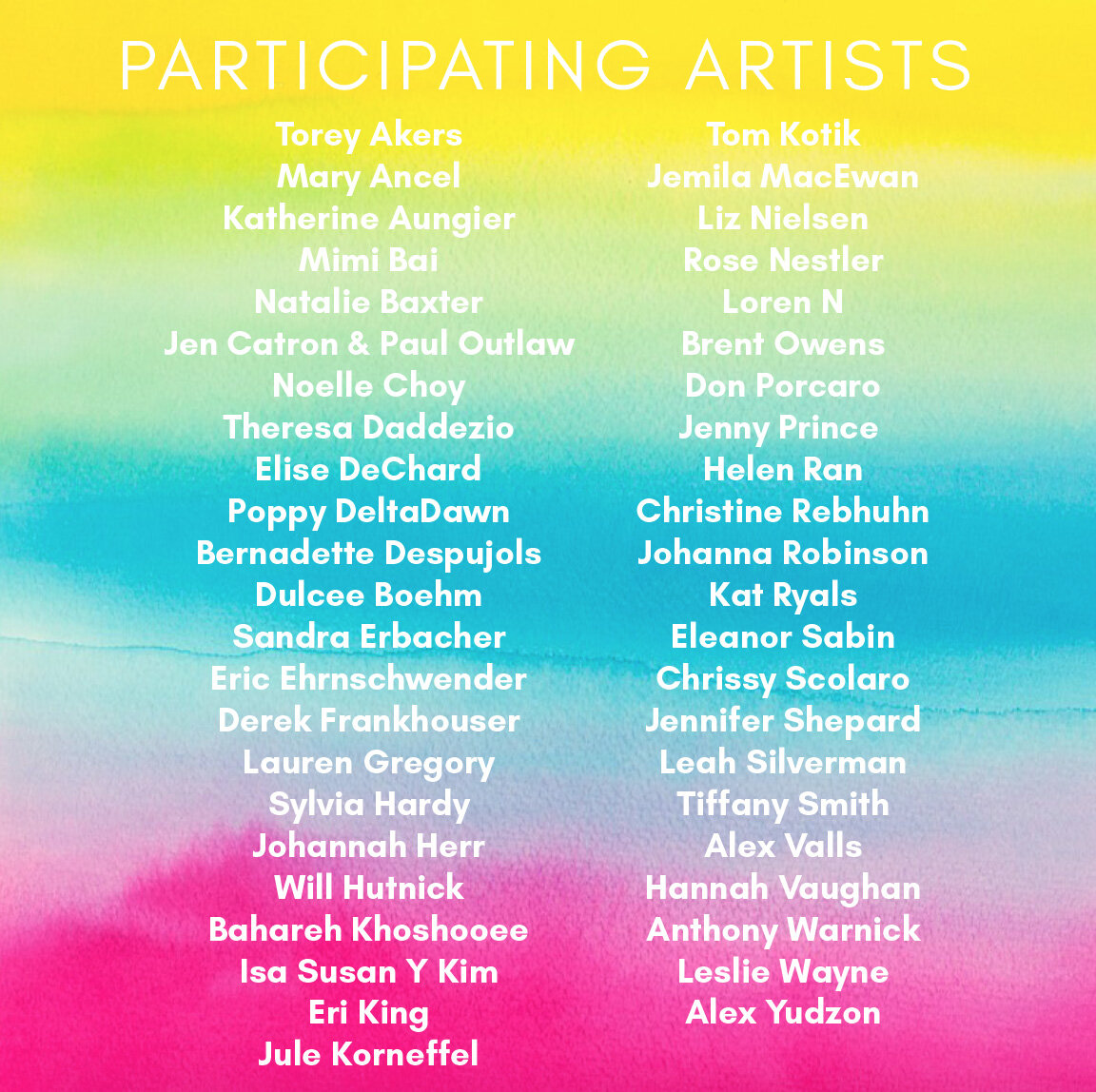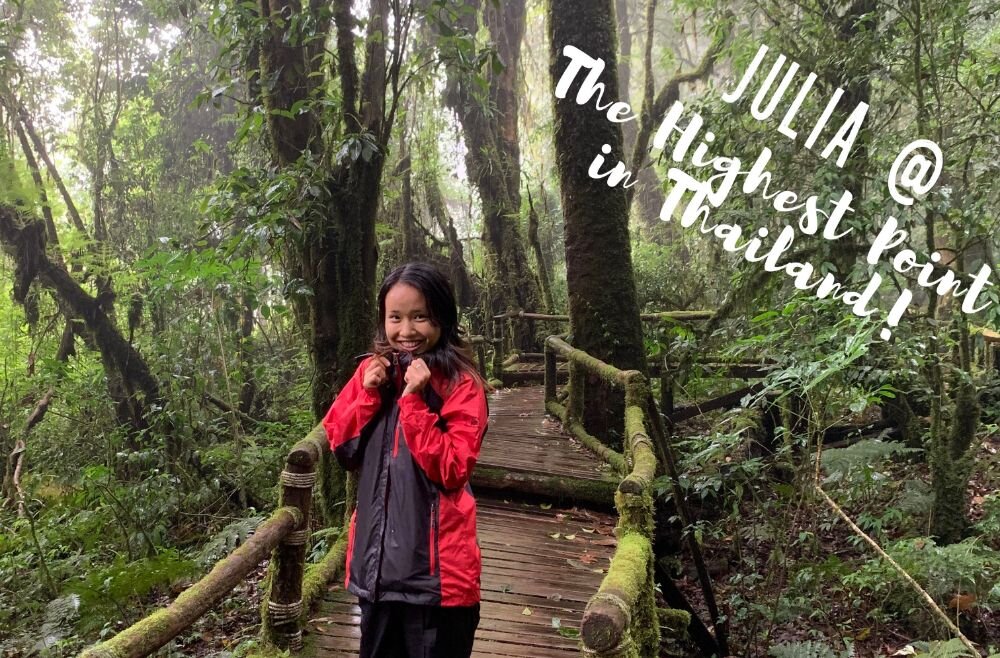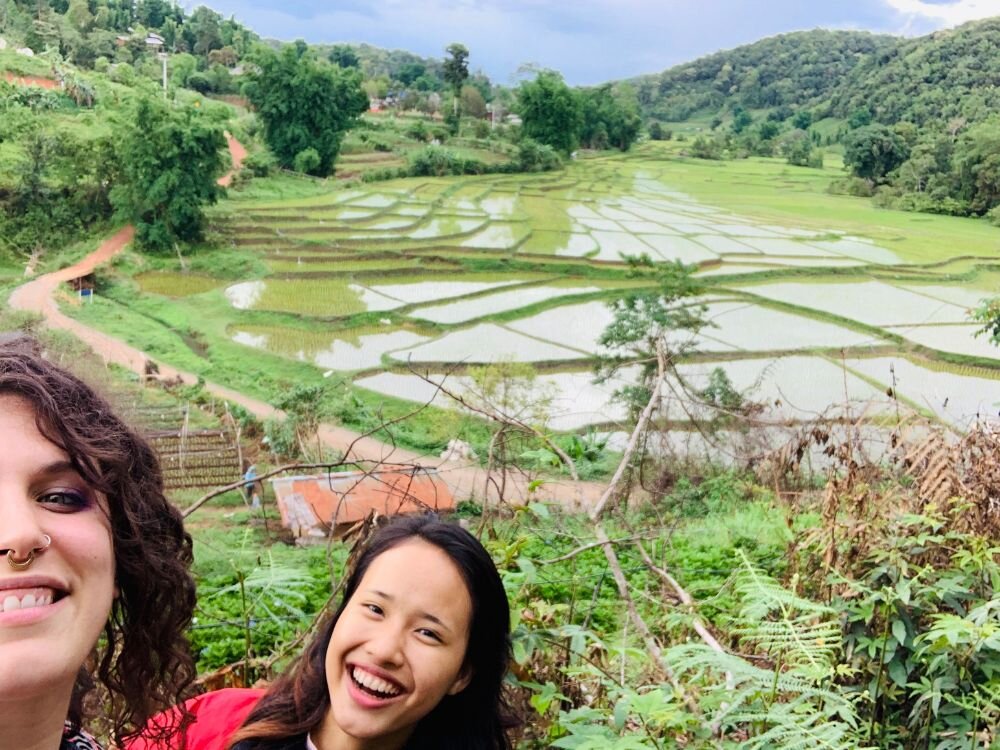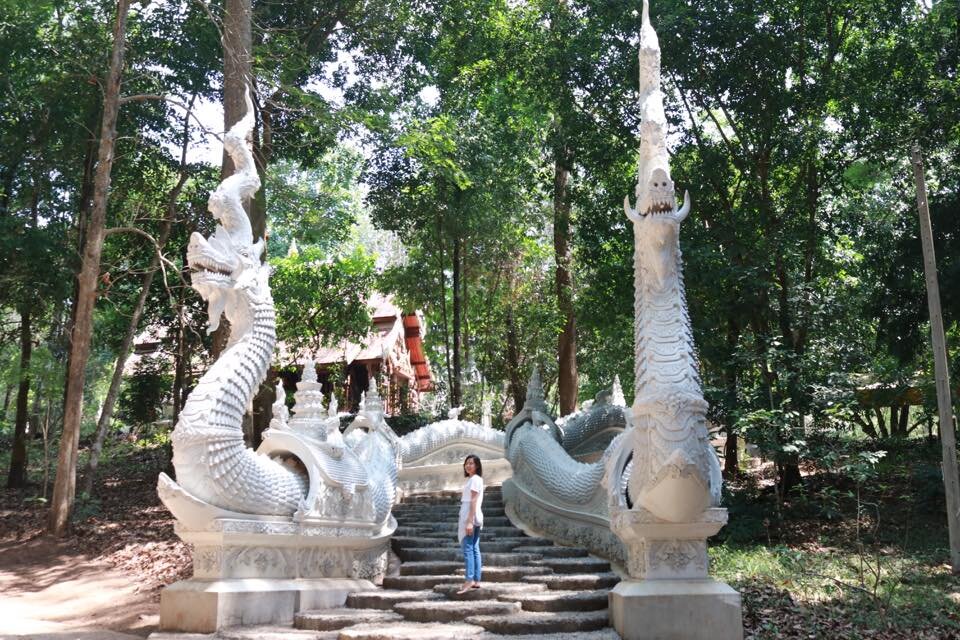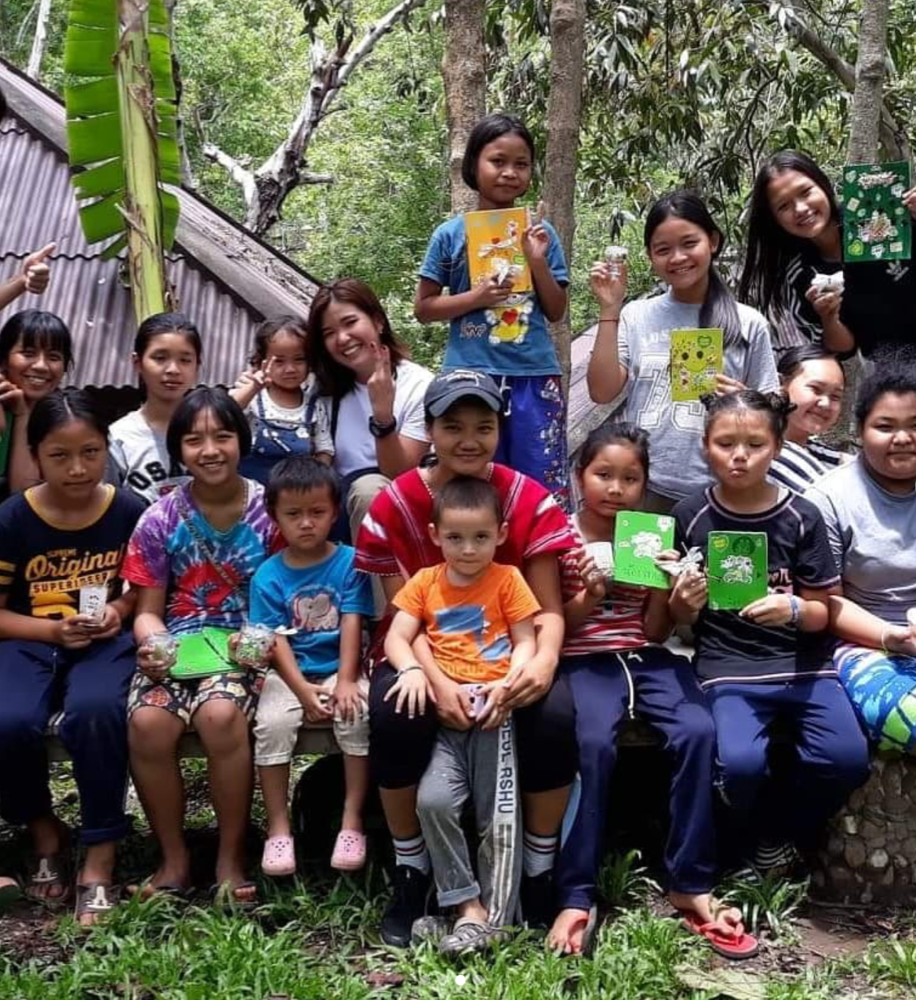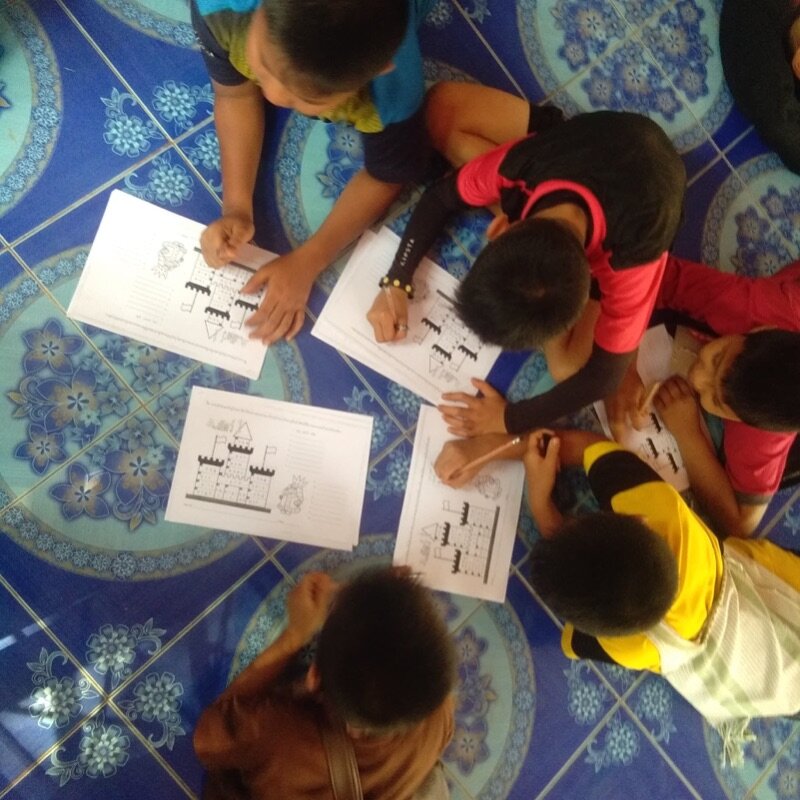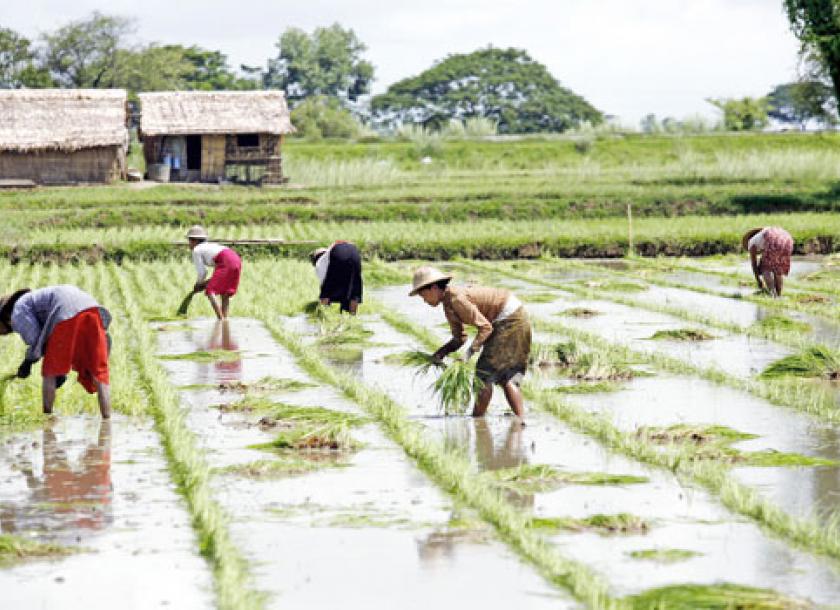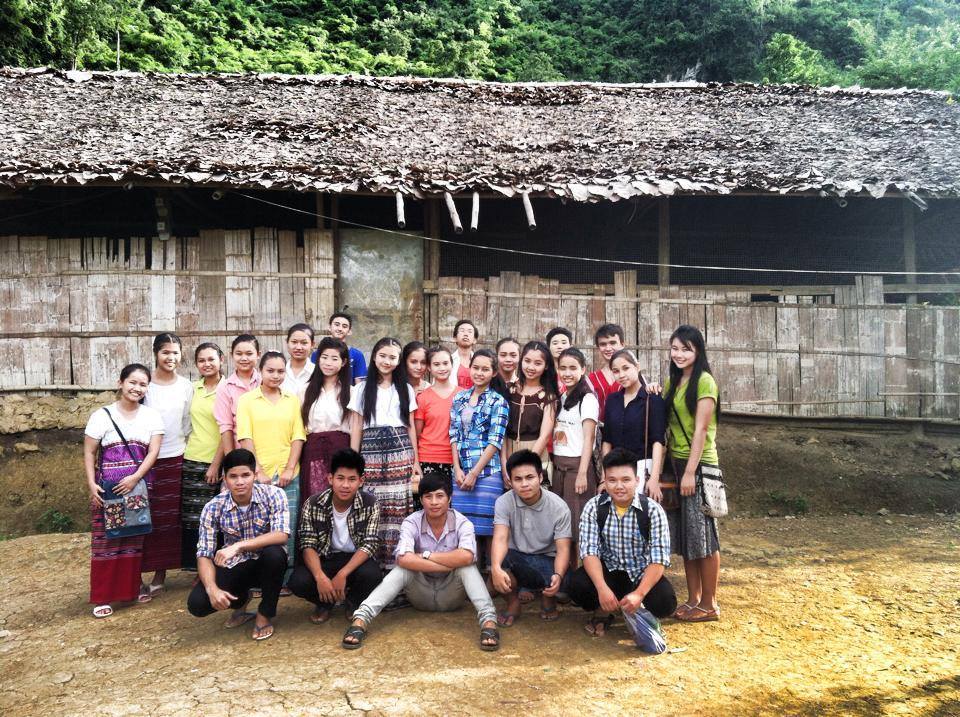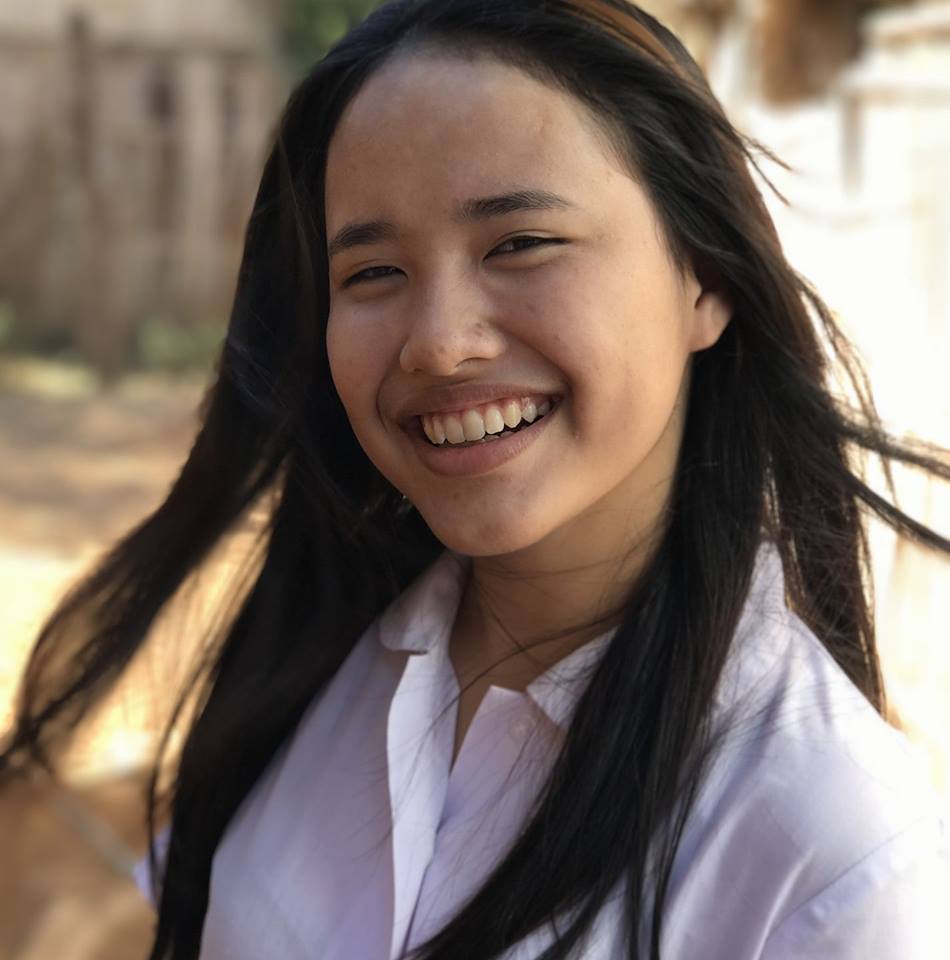Interview Questions with Naw Khin Oo
What languages do you speak?
I speak Karen, English, Burmese and Thai.
What is the biggest challenge you've overcome to get to this point?
Throughout my schooling time and works, I had overcome many in order to get to the point I am standing now. If I have to mention one, it will be the education challenge that I faced when I did my GED in Chiang Mai. I considered the time at GED as my biggest challenge because that was the time when I re-entered the education field after being away from my academic life for five years. At first, I thought I won’t be able to make it through GED. However, after several attempts and one exam after the other, I was fully confident that I will not only pass the GED exam but also continue my study at Chiang Mai University. Following my determination, I am now at Chiang Mai University doing a degree in nursing.
What is a favorite memory of yours that stands out to you (school, educational experience, Daughters Rising moment)?
My favorite memory that stands out to me was when I heard that Daughters Rising is happy to help me toward my study at CMU. At first, I cannot believe that I am going to study at an accredited university in Thailand. When I told my parents, they were extremely happy which makes it ever happier for me when I see them happy. That was the greatest moment I cannot forget.
What do you love most about studying in Thailand?
I love studying at CMU not because it is in Thailand. But because I like the way teachers are teaching. Back in Myanmar or in the camp, we do not have sufficient teaching materials which make our teachers’ teaching system very impractical. Here at the university, we have almost everything we need for study so I like it. I also love my camps a lot.
How do you think your Daughters Rising sponsorship has impacted your future?
It has been almost a year that Daughters Rising has financially helped me toward my academic journey. Academically, I am now improving. I learned a lot in the last couple months. I have more concentration on my studies because I do not have to worry about financial problems. So far, my academic journey is smooth and I am looking forward to finishing my first year with satisfaction. Thank you Daughters Rising for your sponsorship.
How does it feel to receive an education?
Receiving education is like receiving something people cannot steal from you. I know that this education has a two-folded impact; first for myself and finally for the people who need my help.
What do you think others should know about this organization?
Other should know that there is an organization like Daughters Rising that uplift girls and women who need help. I encourage others, especially girls/women who want to pursue their further studies, to find out more about Daughters Rising. For some girls/women, this organization could be the only gateway to their academic careers.
What is your favorite food? What special foods do you associate with your family and family celebrations?
If I have to pick by country it will be Thai food. However, I also love Takapaw, a traditional Karen porridge made out of rice powder, meat and vegetables. Takapaw is the most famous Karen dish and all Karen people know about it. It has a hidden meaning back in our ancestors time. There was a time when Karens did not have enough rice to feed all the family members. So the elders pounded the rice mixed with meat and vegetables and turned it into Takapaw [Karen Porridge]. Finally everyone in the family feels full after eating Takapaw. It means unity and sharing in hard times.
What is your favorite holiday and why?
Christmas is my favorite holiday because I get to see my family members, relatives and friends after a year. As a Christian, I also get to celebrate the birth of Jesus Christ and go to church with my family.
What do you do for fun/favorite extracurricular activity?
I watch movies or read when I have my spare time. I also love to swim and run for my physical health.
What is your favourite quote?
“Education is the most powerful weapon which you can use to change the world” | Nelson Mandela
I totally agree that only education can make this world a better place to live!







